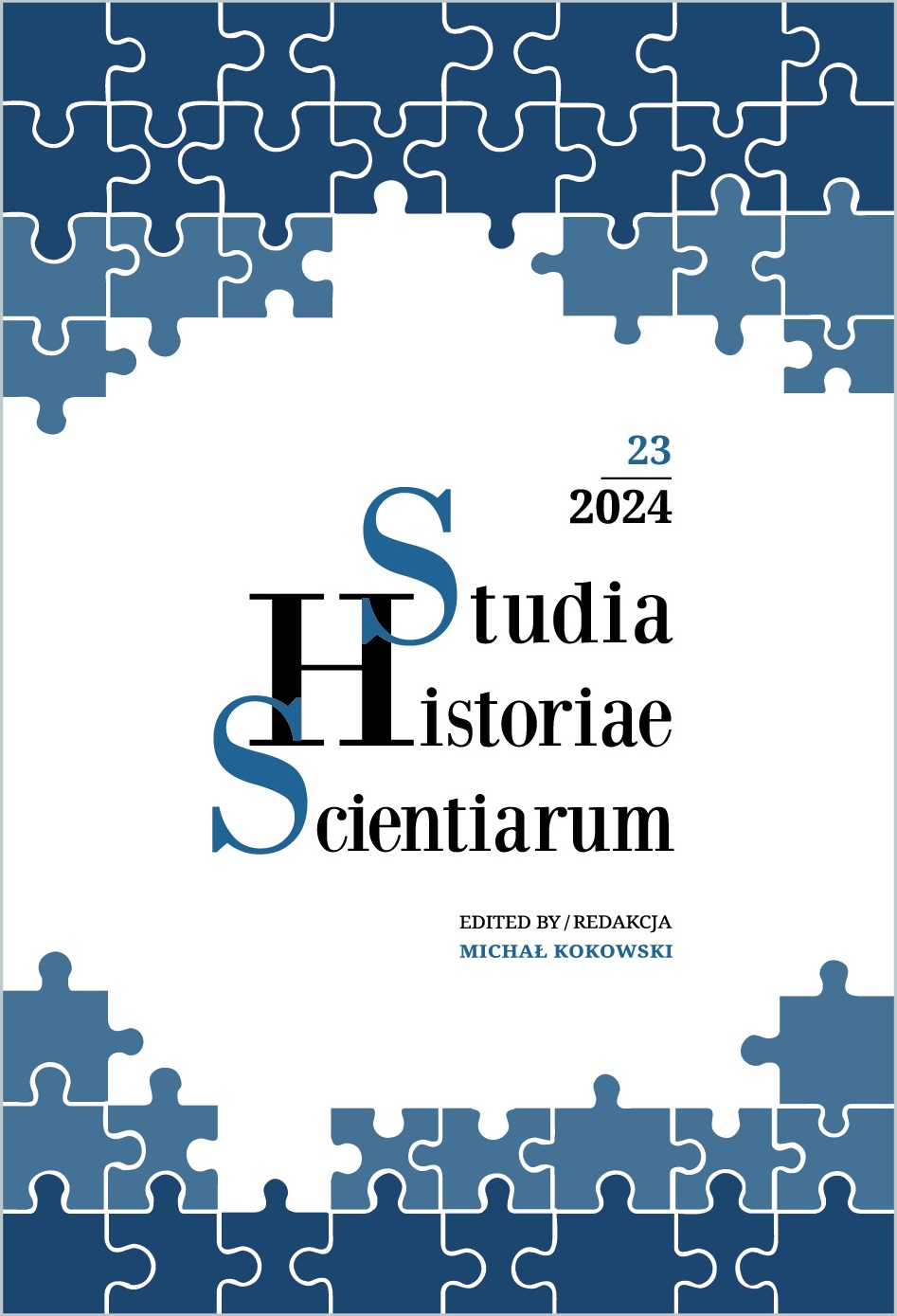Uwagi na temat starożytnych źródeł i przesłanek teorii Mikołaja Kopernika
Some Remarks on the Ancient Sources and Premises of the Theory of Nicolaus Copernicus
Author(s): Konrad Dydak RycykSubject(s): History, Philosophy, History of Philosophy, Special Branches of Philosophy, Ancient World, Modern Age, Philosophy of Science
Published by: Wydawnictwo Uniwersytetu Jagiellońskiego
Keywords: Aristarchus; Aristotle; Commentariolus; De revolutionibus; Eudoxus; Nicolaus Copernicus; Plato; Ptolemy; Pythagoreans
Summary/Abstract: De revolutionibus [orbium coelestium] by Nicolaus Copernicus was a groundbreaking work for 16th-century Europe. Copernicus’s cosmological thesis was in some opposition to Ptolemy’s thesis and therefore opinio communis, not without some error, called it the heliocentric theory. It seems that the cosmological thesis should not be understood only as a simple negation of the earlier theory and Copernicus’s good knowledge of Greek metaphysics and cosmology also played its part. So, what were the grounds upon which Copernicus’s philosophy was founded? Can these premises be found in the analyses of the Pythagoreans and Greek mathematicians Aristarchus and Eudoxus? Are such premises provided only by Plato and Aristotle? Is it possible to indicate other Greek sources of Copernicus’s theory? If so, do they really support the claim that the Copernican theory is in fact a forgotten ancient theory?An attempt to answer these questions is as follows: after a brief presentation of the historical background of the appearance of Copernicus’s theory and its main early theses (Commentariolus), geocentric positions and views in the Middle Ages and their Greek sources will be presented. Next, going back in history, views and positions which underlie the non-geocentric cosmology will be presented, also those that were recalled and recorded by Copernicus in his treatises. Finally, there will be presented and analyzed — though probably unknown to Copernicus — philosophical and cosmological positions and views, which in Greek thinking, even at its beginnings, may constitute loci philosophici, the premises and sources of non-geocentric cosmology.
Journal: Studia Historiae Scientiarum
- Issue Year: 2024
- Issue No: 23
- Page Range: 71-129
- Page Count: 59
- Language: Polish

